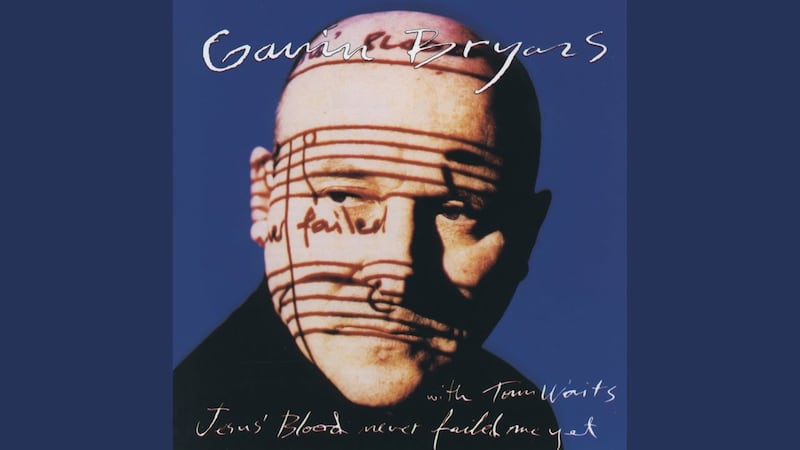WITH your life in their hands, it's little wonder some patients see surgeons as living gods. But no amount of skill with a scalpel can change the fact that surgeons are just people, with emotions and frailties that usually remain hidden behind surgical masks.
After more than 40 years as a doctor, consultant urology surgeon Gautam Das has lifted the lid on the thoughts and feelings behind the professional surgical demeanour, in his revealing new book.
"I chose the title because you don't associate a scalpel's edge with anything remotely like tenderness," he says. "As a consultant surgeon in the NHS, you have a huge responsibility – you're like an army commander, and the most important thing is that you command confidence. But behind that there's a human being with all the things that come with that, and some of it is self-doubt.
"That's what I wanted to get across – it's not a text book of surgery, it's not about me, it's about the emotions, the love, the tenderness."
Das, who completed his medical training in Calcutta before going to work in Britain, admits in the early years of training, he questioned whether he could cope with the harsh realities of his profession.
"Seeing disease in a textbook is one thing, but when you come to the ward and see a little boy crying and missing his mother and yet we're learning about his childhood cancer, it's hard. I nearly gave up medicine because I thought I couldn't be doing with that side of it."
Despite the impressive letters after his name Das (67) is clearly a sensitive man who is at pains to stress that doctors should never become hardened to the suffering and death sometimes associated with their work.
"If you don't feel anything when a patient dies, it's time you stopped and did something else," he insists.
Before his retirement last summer, his career saw him practise as a surgeon for 26 years, during which time he only lost one patient on the operating table – and it is imprinted on his mind as one of the worst things he ever experienced in the job he otherwise loved.
It was a 64-year-old man undergoing a radical nephrectomy – the removal of a cancerous kidney. In the book, Das wryly observes that after losing a patient, surgeons are expected to convey a craggy Charles Bronson-type image, rather than appearing as a "floppy-haired weakling".
"We are not encouraged to fold up. Yet, if one is entirely honest, some recollections, and their effect, are impossible to entirely erase. Some things are inescapable, even for surgeons," he writes.
Part of a surgeon's skill, he says, is remaining calm, no matter what unexpected turns an operation takes.
"Before an operation – and in my book there's no such thing as a small operation, every one is big to me – as soon as I gowned up and put on the rubber gloves and heard them snap on, a calm used to descend," he explains.
That calm professionalism has enabled Das to perform operations as complex as kidney transplants and radical cystectomies (removal of a cancerous bladder together with the prostate/uterus, regional lymph nodes and the urethra), and he writes: "Absolute focus and concentration is required as one is working with sharp instruments at very close proximity to large blood vessels which are unforgiving if disrespected."
One of the things he loved most about his job was the satisfaction of knowing he had performed an operation "meticulously".
"At the end of the day, surgery is art. Of course you need your knowledge base, but if you do the operation well, you feel great. Saving a life may sound cliched, but when it's there and it's real, it's a wonderful feeling."
Despite the current furore about lack of funding and efficiency in the NHS, Das insists the UK's health service is fantastic.
"Our NHS is amazing – people in the rest of the world don't realise what a great thing the NHS is. It's incumbent on all of us who have the great honour and responsibility of practising in the UK to bear that in mind.
"People talk about an adversarial relationship between clinicians and managers, but I don't think that's fair because the poor managers are doing a very difficult task. I would hate to be the chief executive of some of these front-line hospitals, with all the pressures of juggling the finances with the service you have to provide."
He explains that if a doctor's in clinic and has to see many patients within a certain time-frame, but one has to be told he has cancer, you just can't say, 'You've got cancer, here's a leaflet, go away and read about it and we'll talk about it in two weeks'. "You just can't," says Das.
"You have to take time, and your clinic goes on and there are people outside waiting. That sort of thing can grind you down."
:: Tender Is The Scalpel's Edge by Gautam Das is published by Matador, priced £9.99.



